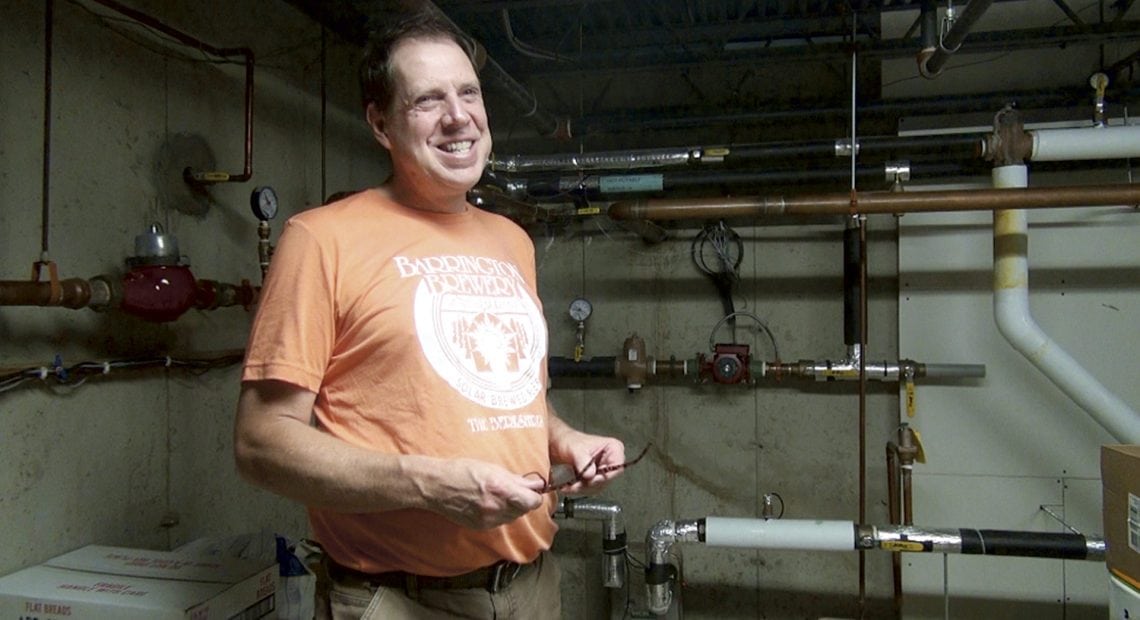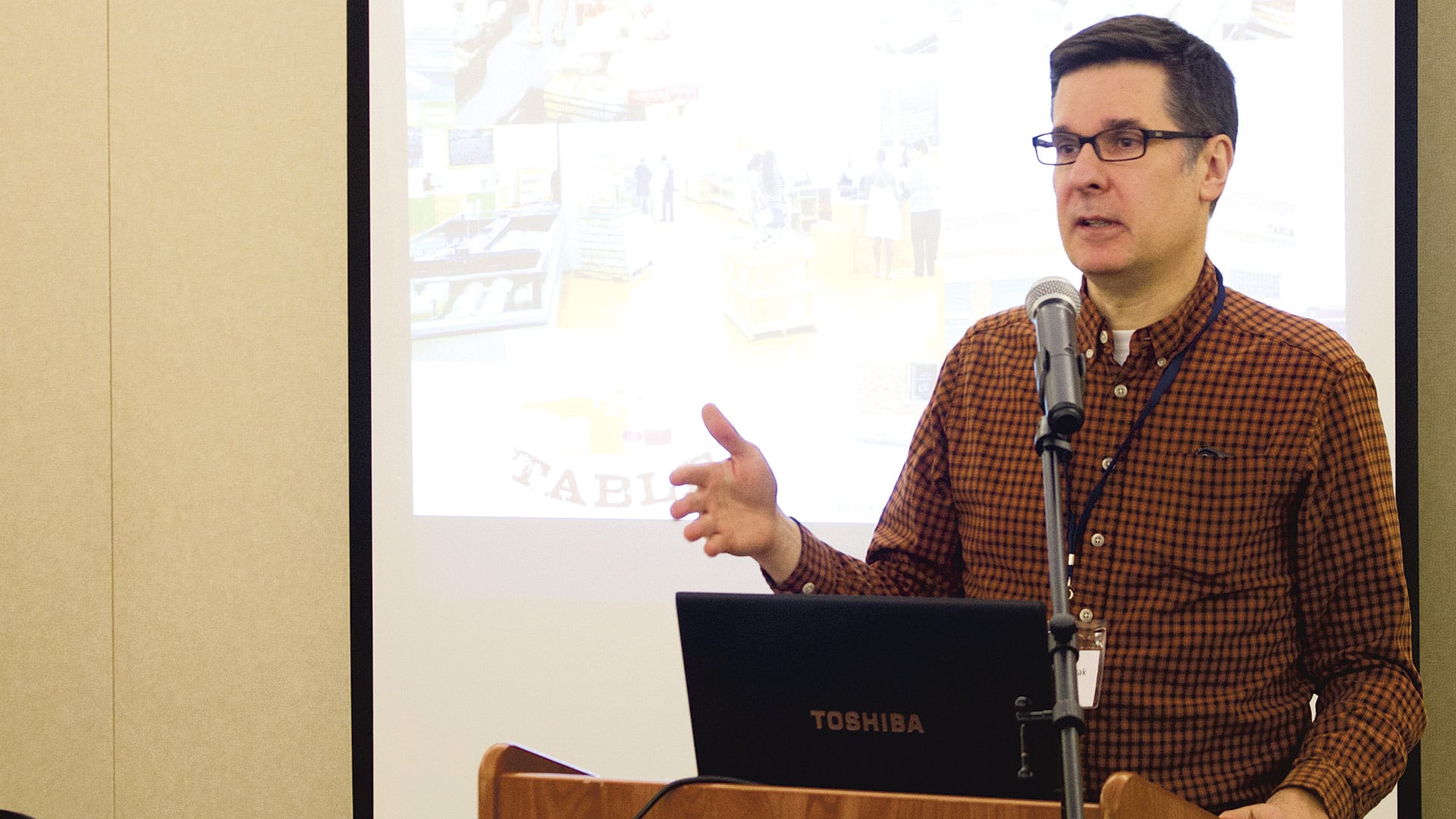Unpacking the Controversy
Presented by Jay Durand

The topic of environmental, social, and governance (ESG) investing has become increasingly popular over the last two to three years, sparking many discussions and questions. What is, at its core, a simple attempt to make better investment decisions has surprisingly caused quite a bit of controversy. So, what are we talking about when we discuss ESG investing, and what is fueling the debate?
The ABCs of ESG
First, let’s start with the basic ESG standards themselves. Environmental, social, and governance standards can certainly all be interpreted as politically oriented, but why? Taking them out of order:
• Corporate governance means being responsive to shareholders. This is what any investor should want.
• Social means taking account of a business’ impact on society. This certainly affects the appeal of that business to customers and, therefore, can also affect the financial results.
• Environmental also has a perception impact, as well as an impact on whether the business can be run sustainably over time. For example, slash-and-burn agriculture may be more profitable in the short run as long as there is always more jungle. But properly managing farmland is more sustainable — and likely more profitable over time.
ESG doesn’t replace the financial metrics, but gives a more complete picture of them. There’s nothing here that implicitly should be a problem, as they are simply analytical tools.
Jay Durand
“The worry seems to be that asset managers are running their businesses with a goal to change the world in certain ways. This appears contrary to what investors see as the goal: to do whatever is maximally profitable.”
The Debate
Once we understand the basics, the question often raised is, how are these tools being used? The worry seems to be that asset managers are running their businesses with a goal to change the world in certain ways. This appears contrary to what investors see as the goal: to do whatever is maximally profitable.
Investors seem to have two complaints about ESG investing. The first one is that investors are suffering as companies are being forced by institutional asset managers to run their companies in a suboptimal way. On the contrary, asset managers typically get paid based on a percentage of the asset value they manage, so they have a significant incentive to get the highest returns they can. Those same asset managers are, as fiduciaries, subject to legal requirements to do the same. So the asset-management industry is motivated to seek out the best possible financial returns by both potential rewards and potential negative consequences.
To believe that asset managers are not trying to maximize returns is to conclude that they are willing to hurt their own paychecks and take meaningful legal risks to change the world. Does this seem likely? Think about this: with billions of dollars on the table, if there was any real evidence of asset-manager slanting, wouldn’t there already be lawsuits in play?
The second complaint is that institutional asset managers are forcing companies to drive outcomes that the investors don’t support. That’s not to say some fund managers aren’t trying to change the world; some are. But those funds are typically very explicitly marketed as such to investors looking for that kind of impact. Since those funds are looking for a specific type of investor, asset managers have a clear incentive to make their orientation obvious — and their self-interest and fiduciary requirements point very clearly in that direction.
For the remainder of the industry, ESG may be a marketing strategy or simply incorporated in their standard investment practice. This makes sense for purely financial reasons, as we noted when we covered the basic standards. Those products are out there and, for those who want them, are easy to find.
Is There Reason to Worry?
ESG investing is a set of analytical techniques designed to further inform the financial analysis and investment decision. Those tools can, of course, then be used to implement value-based judgments and to drive desired impacts from that investment, just as with other value-based investment processes. Investment managers should use all the tools available to improve their results, but they have clear incentives (both positive and negative) to disclose both how they are applying those tools and the results.
Is this something to have on your radar? Yes, for reasons both positive and negative. As always, please reach out to our office to discuss your current plan and any concerns.
This material is intended for informational/educational purposes only and should not be construed as investment advice, a solicitation, or a recommendation to buy or sell any security or investment product. Investments are subject to risk, including loss of principal.
Environmental, social, and governance criteria are a set of non-financial principles and standards used to evaluate potential investments. The incorporation of ESG principles provides a qualitative assessment that can factor heavily into the security selection process. The investment’s socially responsible focus may limit the investment options available to the investor. Past performance is no guarantee of future results. Please contact your financial professional for more information specific to your situation.
This article was authored by Brad McMillan, CFA, CAIA, MAI, managing principal, chief investment officer, at Commonwealth Financial Network, and presented by James E. Durand, CPA of MountainOne Investments, where he analyzes the financial markets and researches stocks, mutual funds, and other investments. He is also responsible for managing many of MountainOne Investments’s fee-based investment accounts. Durand holds his FINRA Series 4, 7, 24, 63, and 86 securities registrations as an investment adviser representative of Commonwealth Financial Network. He earned the Chartered Financial Analyst designation in 2003. He has also served on the board of directors for the Northern Berkshire United Way since 2005; (413) 664-4025; [email protected]
The financial advisors of MountainOne Investments offer securities and advisory services through Commonwealth Financial Network, member FINRA/SIPC, a registered investment adviser. Fixed insurance products and services offered through CES Insurance Agency. MountainOne Bank is not a registered broker-dealer or registered investment adviser. MountainOne Bank and MountainOne Insurance are not affiliated with Commonwealth. Insurance and investments are not insured by the FDIC and are not deposits or other obligations of, or guaranteed by, any depository institution. Funds are subject to investment risks, including possible loss of principal investment.














